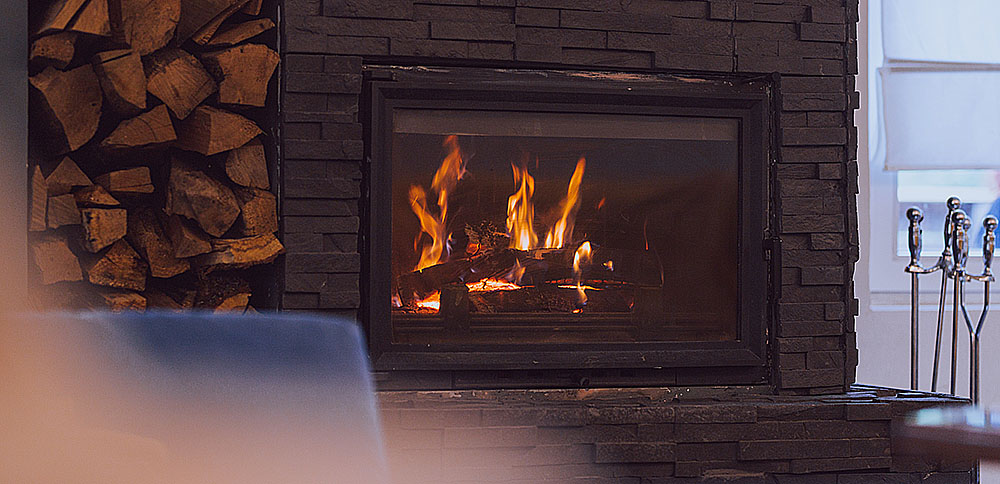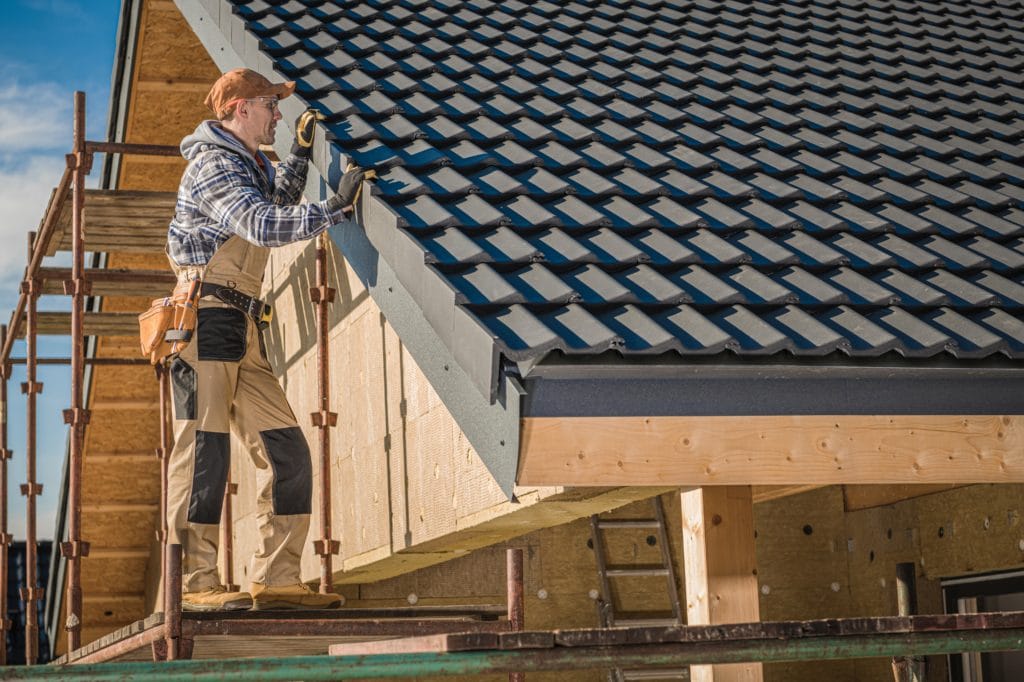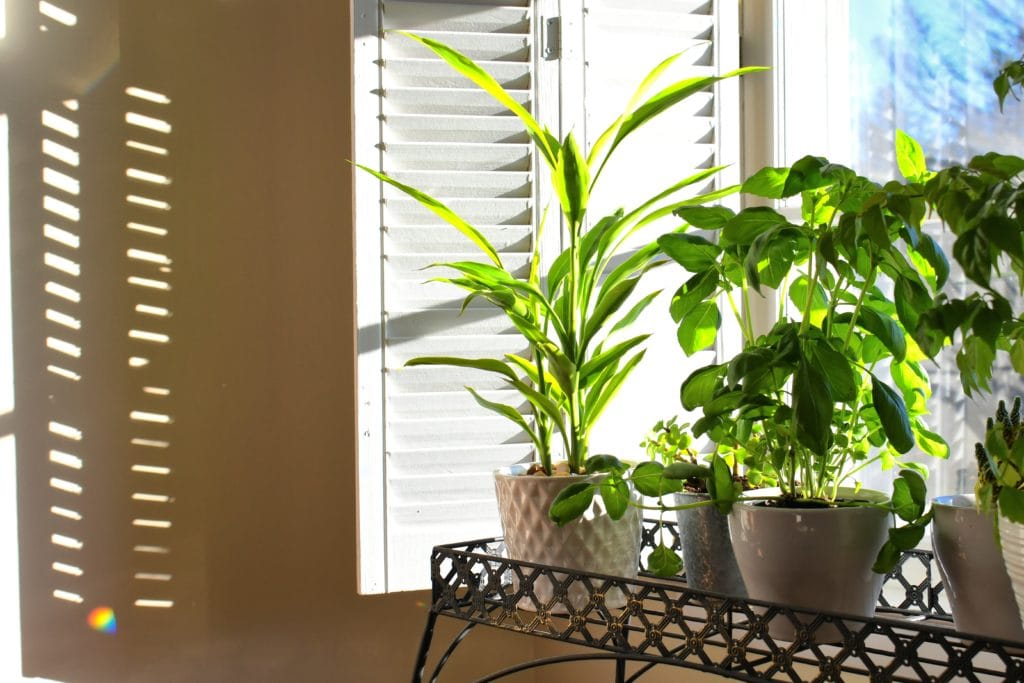As you know, a chimney is basically a combination of different components that help keep the interior of the house safe by allowing toxic gases to exit and rainwater from entering the house. This is why chimney insulation practices have become quite common nowadays. Here is why your chimney needs insulation and how you can get it done yourself. However, it’s better to hire chimney contractors.
Why Is Chimney Insulation Essential?
Chimney insulation plays a crucial role when it comes to preventing serious accidents from taking place especially when it comes to fires. If your chimney does not have insulation, you should seriously consider getting it done when it is time to renovate or upgrade it.
Keep in mind there have been numerous cases in the past where chimneys have caused huge fires and cause serious injuries. Back in the day, there weren’t many options when it came to chimney insulation. Today, you come across a huge variety, which makes it even more important to make the right decision and select the right material.
At the same time, you should also ensure the chimney insulation installation is proper. You might be tempted to opt for someone who is offering services at a rate lower than the market average but it is always going to be a risk. Chimneys produce small sparks and toxic gases that can easily escape and result in chronic respiratory issues.
This is why you need to opt for a perfect combination of proper insulation material and an expert to make your chimney safer in all aspects.
What Material Do You Need To Insulate Your Chimney?
When it comes to choosing the right materials to insulate the chimney, you will be offered a wide variety ranging from fire cement to heatproof adhesives and heat-resistant paints. The decision to opt for the right insulation material depends on your budget size and type of chimney.
During the decision-making process, you need to keep in mind that the chimney will be exposed to extreme temperatures. This means you will have to consider quality materials that are not only tested but also proven to properly insulate the chimney.
Insulation material made specifically for heat insulation is going to be durable, non-flammable, and tight. Nowadays, the most commonly used materials for insulating chimneys are calcium silicate boards, mineral wool, and vermiculite. If possible, you should also consider opting for a flue insulation wrap made of e-glass materials to improve airflow and protection against thermal shock.
Mineral Wool
Mineral wool tends to be a base material for insulating chimneys. Homeowners choose this material for durability and non-flammability. The result is that you can use your chimney for several years without risking any fires or other complications.
Mineral wool is both easily and readily available and is installed with aluminum foil. But, you should know that it takes time and a bit of effort to properly insulate the chimney using these materials. If you choose an amateur for such a task, they will most probably ruin it.
As mentioned earlier, it is very easy to ignore or leave some areas unsealed that could give the toxic gases an escape route into your house. The last thing you would want is for your kids and parents to be exposed to such toxic gases.
Calcium Silicate Boards
If you want a better alternative than mineral wool, you should opt for calcium silicate boards that are both rigid and resistant to high temperatures. The biggest advantage of opting for these boards is they help maintain the right temperature inside the chimney. They neither collect dust nor crumble.
Another noteworthy advantage of choosing calcium silicate boards is that they are available in different shapes & sizes that can perfectly adapt to individual needs and preferences. Because these boards are lightweight as well, homeowners can install them on their own if they have the right tools and skills.
Vermiculite
The third insulation option for your chimney is vermiculite. The main purpose of this material is to clear out any cold air void between a chimney stack and a chimney liar. This allows us to come up with a chimney system that is both a lot more efficient and effective.
Furthermore, vermiculite is also resistant to high temperatures and can handle fire if directly exposed as well. Overall, it is a tough insulation material and can stand the test of time. However, then again, you will need to opt for a professional who ensures proper installation. Before insulation, you should inspect the flue liner. If it’s cracked or damaged, hire chimney relining services Bowie for replacement.
How To Insulate A Chimney?
You might think that insulating the chimney is an easy task but it consists of a lot of small details that need to be taken care of. First, you will need to choose the right insulation material based on your chimney dimensions and your preferences.
If you intend to insulate your chimney on your own, you will need to grab some tools like a hand-held saw or jigsaw. Then, you will need to thoroughly clean the area where the insulation material will be installed to ensure dirt, dust, soot, etc. are removed.
This will allow the insulation material to properly sit and prevent any voids. Next, you will apply an adhesive and stick the boards giving them enough time to settle. If you are using wool, it will be better to use aluminum foil as well. Keep in mind that the adhesive dries within two hours.
If possible, you should also opt for a chimney balloon that prevents heat from escaping. Chimney balloons make the chimney a lot more effective during the winter season. They also help the flue improve efficiency when it comes to ventilation and cooling in the summer season.
What Minor Details Should I Keep In Mind?
Remember, installing a quality insulation material will prevent condensation of water vapor inside the chimney. This means you should opt for insulating your chimney liner as well. Plus, flue liner insulation can improve fire safety, temperature regulation, and ventilation.
At the same time, if you are not familiar with the installation process or simply do not have enough time, it is better to hand over the task to a professional. A skilled installer utilizing sufficient skills and experience will ensure that all minor details are considered.
For instance, while installing the chimney boards, you need to keep the right distance of at least 10 cm between the chimney insert and the boards. This allows the air to pass freely. Because chimney experts perform all these tasks daily, it is hard to miss out on such minor details.
So, consider hiring an expert as an investment, and do not risk your house being engulfed in fire simply because you thought you could save some money insulating the chimney on your own.
Conclusion
Chimney insulation has become a necessity to ensure safety and efficiency. You should do your research and consult an expert when it comes to installation. Plus, make sure to perform chimney cleaning frequently. Plus, regular chimney repair Ellicott City is important as well so that your chimney remains effective, efficient, and safe.


